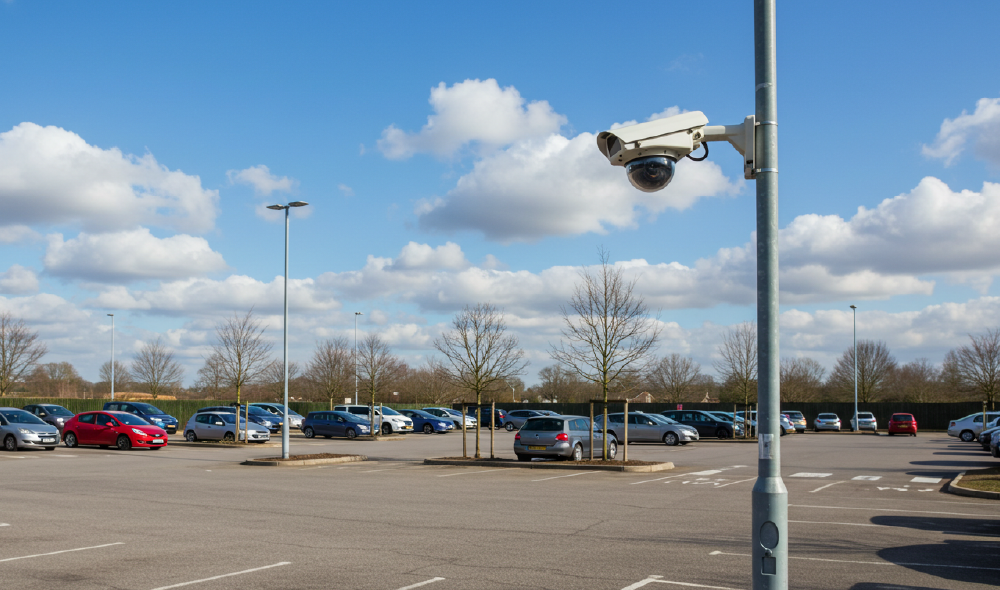The energy market in the UK is facing a new risk this year – disruptions to supply caused by union and protest movements. With rising prices, these issues are unlikely to be quickly resolved. In addition to this, a new report released by Drax has forecasted that charges related to Renewables Obligation, Balancing Services Use of Systems, and Distribution Use of Systems are poised to hit unprecedented highs. Third-party costs (TPCs) now account for nearly 40% of total energy expenses, leaving companies bracing themselves for an uptick in their bills.
The National Grid Electricity System Operator (NGESO) has projected total expenses for the 2022/23 period to soar to £4.7 billion, up from £3.5 billion the previous year. TPCs, like wholesale energy prices, are sensitive to market conditions and are prone to considerable annual fluctuations. Therefore, it is essential for businesses to adopt energy efficiency measures and explore renewable energy options to reduce their energy costs and maintain their competitiveness in the market.
Despite the challenges, there are some bullish factors in the energy market. Gas flows from Norway are currently above the 5-year average, LNG deliveries are expected to continue as planned, and wind generation in the UK is forecasted to increase. However, there are also bearish factors such as rising wind output and increased gas supply.
It is crucial for businesses to monitor the energy market closely and stay informed about market trends and fluctuations. They should also consider working with energy consultants to develop tailored energy management strategies that address their unique needs and help them navigate the complex energy landscape.
In conclusion, rising third-party costs and supply disruptions are set to have a significant impact on the energy market in the UK. Businesses must take proactive measures to manage their energy costs and remain competitive in the market. By adopting energy efficiency measures and exploring renewable energy options, businesses can reduce their energy bills and secure their energy supply while contributing to a more sustainable energy future.



